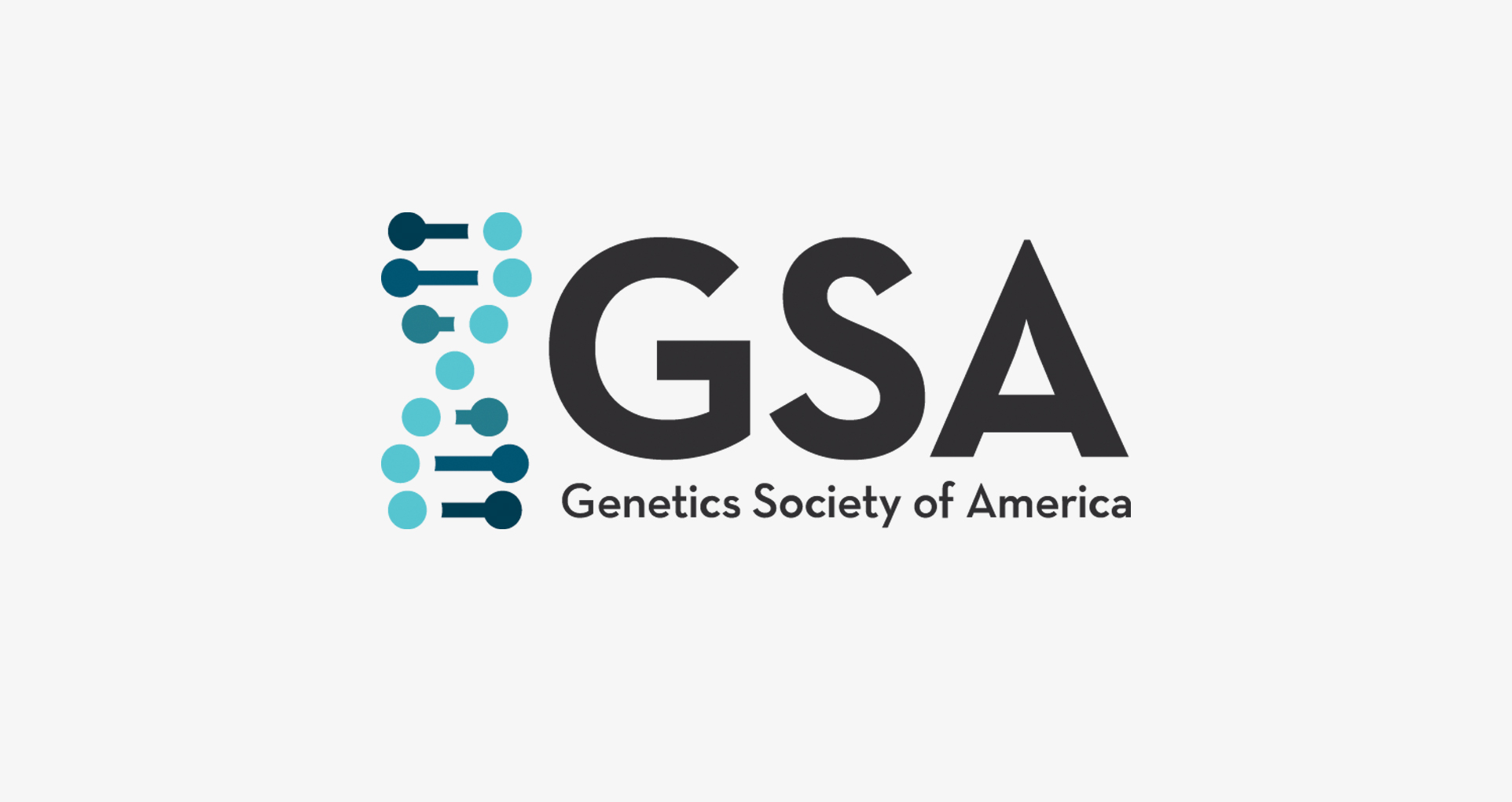The Genetics Society of America (GSA) is pleased to support a new round of GSA Trainee-Organized Symposia, which are organized by student and postdoctoral members of the Society. These outstanding events will receive up to $2,000 each in funding to cover direct meeting costs, such as speaker travel, facility rental, and promotional supplies.
The goal of the GSA Trainee-Organized Symposia program, which was launched in 2015, is to advance knowledge, encourage exchange, foster new connections and collaborations, and further the mission of the Society by facilitating the efforts of early career members to convene events relevant to the Society’s mission. Proposed workshops were evaluated by GSA’s Mentoring and Professional Development Committee based on their relevance to the GSA mission, the need for and the uniqueness of the event, the benefit to early career geneticists, and the availability of other relevant support.
“It is exciting to support our student and postdoc members in their efforts to organize local and regional events that will help serve the genetics community,” said Adam P. Fagen, PhD, GSA’s Executive Director. “GSA will continue to promote opportunities for our trainee members to assume leadership roles in the Society and in our field.” The details of newly funded GSA Trainee-Organized Symposia and their organizing committees are below.
Postdoctoral GSA members Brook Moyers, Chris Schell, and Kathryn Turner are organizing “Genomics of Adaptation to Human Contexts,” which will be held August 4-6, 2016, at Colorado State University in Fort Collins, CO. This symposium will highlight exemplary research that uses large genomic datasets to investigate ecology and evolution in the era of human impact on the Earth’s ecosystems. The pervasive and multifaceted effect humans have on the environment and species around us is becoming the prevalent story of biology in the 21st century. Humans apply selective pressures in every direction, and these pressures can have dramatic effects under relatively short, contemporary evolutionary timescales. Scientists in traditionally disjunct fields from urban ecology to agriculture use the same genetics tools to ask related questions: How are species adapting to human contexts? What are the effects of human-imposed selection pressures? What sources of diversity fuel rapid evolution? These questions are increasingly relevant as more species are affected by human activities. Whether the species of interest is domesticated, invasive, or adapting to human alterations to its habitat, genomic datasets hold the key for understanding rapid evolutionary shifts. Through this event, early career researchers in many fields will benefit from understanding the parallel and potentially complementary approaches and tools used in other fields to answer very similar questions using large genomic datasets. Because geneticists must gain key bioinformatic and programming skills to work with such datasets, the symposium will be paired with a Software Carpentry workshop to train graduate student and postdoctoral geneticists in essential programmatic tools.
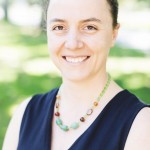
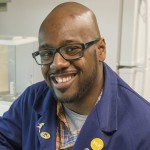
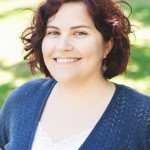
(from left to right: Brook Moyers, Chris Schell, Kathryn Turner)
The 2016 “Scientists Exploring Non-Academic Career Choices (SEARCH) Symposium,” hosted by the University of Kansas on April 2, 2016, in Lawrence, Kansas, is a collaborative effort between the Ecology and Evolutionary Biology (EEB) and the Molecular Biosciences (MB) Graduate Student Organizations. The SEARCH effort was initiated by GSA graduate student members Alexandra Erwin, Haifa Alhadyian, Kaila Colyott, and Kara Hinshaw; they have since been joined by GSA graduate student members Boryana Koseva, Lucas Hemmer, Mahekta Gujar, and Vitoria Paolillo, as well as several other students in related fields (Andrew Mongue, Desiree Harpel, and Elizabeth Chang).
This collaboration was born from a common desire of students in both departments to learn about the career opportunities for PhDs outside of traditional academia. The SEARCH Symposium has three goals: (1) to inform trainees of the diversity of science careers by hosting scientists in occupations including policy, entrepreneurship, industry, science writing, data science, government, administration, and law; (2) prepare trainees for non-academic careers by discussing professional skills that students can develop while in graduate school or during postdoctoral training; and (3) to foster connections between trainees and local scientists through a career fair featuring companies seeking job applicants with advanced-degree. Over a dozen scientists will speak as part of an all-day symposium at no charge to the participants. There will also be opportunities for graduate students and postdocs to share professional development experiences through presentations. This event is expected to benefit an overflow crowd including undergraduates, graduate students, and postdocs from the University of Kansas, University of Kansas Medical Center in Kansas City, and other universities in the area. The SEARCH organizers hope that the interest generated by this pilot symposium encourages the development of additional graduate student career resources for biology graduate students at the University of Kansas and other universities in the area.
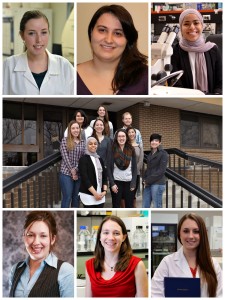
Top, left to right: Alexandra Erwin, Boryana Koseva, and Haifa Alhadyian
Bottom, left to right: Kaila Colyott, Kara Hinshaw, and Tori Paolillo
Center: the SEARCH Symposium Organizers (not pictured: Mahekta Gujar or Andrew Mongue); top row: Boryana Koseva, Vitoria Paolillo, Lucas Hemmer; middle row: Alexandra Erwin, Kara Hinshaw, Elizabeth Chang; bottom row: Haifa Alhadyian, Kaila Colyott, Desiree Harpel
“New Investigations into Ribosomal DNA,” organized by GSA postdoctoral members Elizabeth Kwan and Elizabeth Morton, will be hosted by the University of Washington, Seattle, in August or September of 2016. This symposium will provide a needed platform for the presentation and discussion of cutting-edge research on a long undervalued cellular feature: ribosomal DNA. Once thought an uninteresting housekeeping gene, ribosomal DNA (rDNA) has recently been implicated in an astonishing array of biological processes such as lifespan, regulation of gene expression, and genome replication. rDNA encodes the primary RNA components of ribosomes, the protein factories of every living cell, and each cell dedicates a significant percentage of its genome to rDNA sequences. Investigations into the effects of rDNA have been made possible by the fact that rDNA exists in high copy number in numerous model organisms, including yeast, worms, and flies. Several labs in the greater Seattle area are engaged in research on the different roles of rDNA, and this symposium will showcase the breadth of this research. This new venue will provide the burgeoning rDNA research community with an opportunity to meet and exchange ideas on the future of rDNA research.
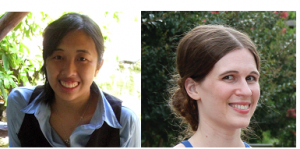
left to right: Elizabeth Kwan and Elizabeth Morton)


